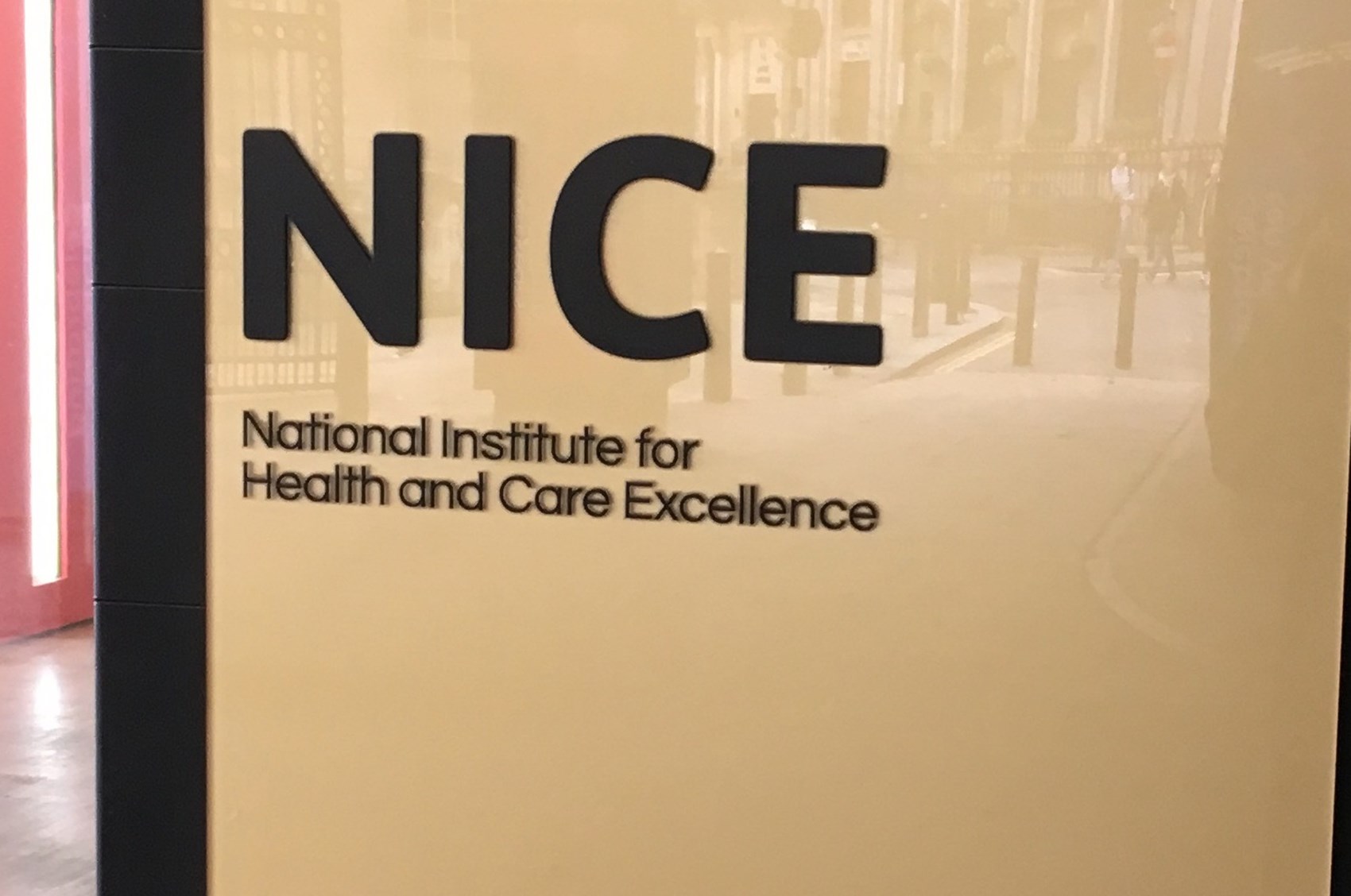
People with psoriasis should be treated by their GPs whenever possible and only referred to dermatology specialists when there is a clinical need, suggests draft guidance from the National Institute for Health and Clinical Excellence (NICE) out today (Friday 11 May).
In its draft guideline, NICE proposes to advise that GPs and other non-specialist healthcare professionals should only refer patients to dermatology specialists if they are uncertain about the diagnosis, the psoriasis is severe or extensive, the condition can't be controlled with topical therapies (such as ointments and creams), or if the psoriasis is affecting the person's physical, psychological or social wellbeing. Patients should also be referred if they have a type of the condition called acute guttate psoriasis which requires phototherapy, or if the psoriasis is causing distinctive nail changes that are having major impacts cosmetically or on day-to-day activities.
Dr Phil Alderson, Medical Associate Director of the Centre for Clinical Practice at NICE said: “Psoriasis can have profound functional, psychological and social effects on a person's life and so it is important that people have access to effective treatments in a timely manner and according to the severity of their condition. Currently there are wide variations in clinical practice in the management of the condition, particularly regarding access to specialist treatments, appropriate drug monitoring, specialist nurse support and psychological services. Greater responsibility for the condition within primary care could improve access to treatments and support for people with this highly visible and potentially stigmatising disease.”
Another recommendation proposed by NICE in its draft document is to assess everyone with psoriasis for psoriatic arthritis every year. This is especially important during the first 10 years of having psoriasis. Up to 30% of people with the condition develop psoriatic arthritis, which causes pain, stiffness and swelling in and around the joints.
Also, NICE suggests that doctors should explain to their patients with psoriasis that they will be at a greater risk of hypertension, diabetes, obesity and hyperlipidaemia than people without the condition, and so they should be offered preventative advice and healthy lifestyle information, in line with previously published NICE guidance.
Psoriasis is a skin condition characterised by red, flaky, crusty patches of skin covered with silvery scales. It is believed to affect up to 2.2% of the UK population (over 1.3 million people). The effects of psoriasis vary greatly from person to person; for some it can be a minor irritation, but for others it can have major effects on their functional, psychological and social wellbeing.
While there is no cure for psoriasis, treatments are effective and can include topical therapies, phototherapy (e.g. controlled exposure to ultraviolet light) or systemic therapies (e.g. oral and injected medicines), depending on the severity of the disease.
Currently clinical practice varies across the NHS, which means that people might not have access to some of the more specialist treatments, support or psychological services that others have.
Dr Alderson added: “We have published these draft recommendations as part of a public consultation and so encourage our stakeholders to send us feedback during this period. Once published, we hope that our clinical guideline will provide clear advice for the NHS on the management of all types of psoriasis in order to improve comfort and minimise the effects of living with this condition.”
The deadline for submitting comments on the draft guideline is 5pm on Tuesday 10 July 2012. NICE expects to publish final guidance for the NHS in October.
Source:
NICE press release
www.nice.org.uk
